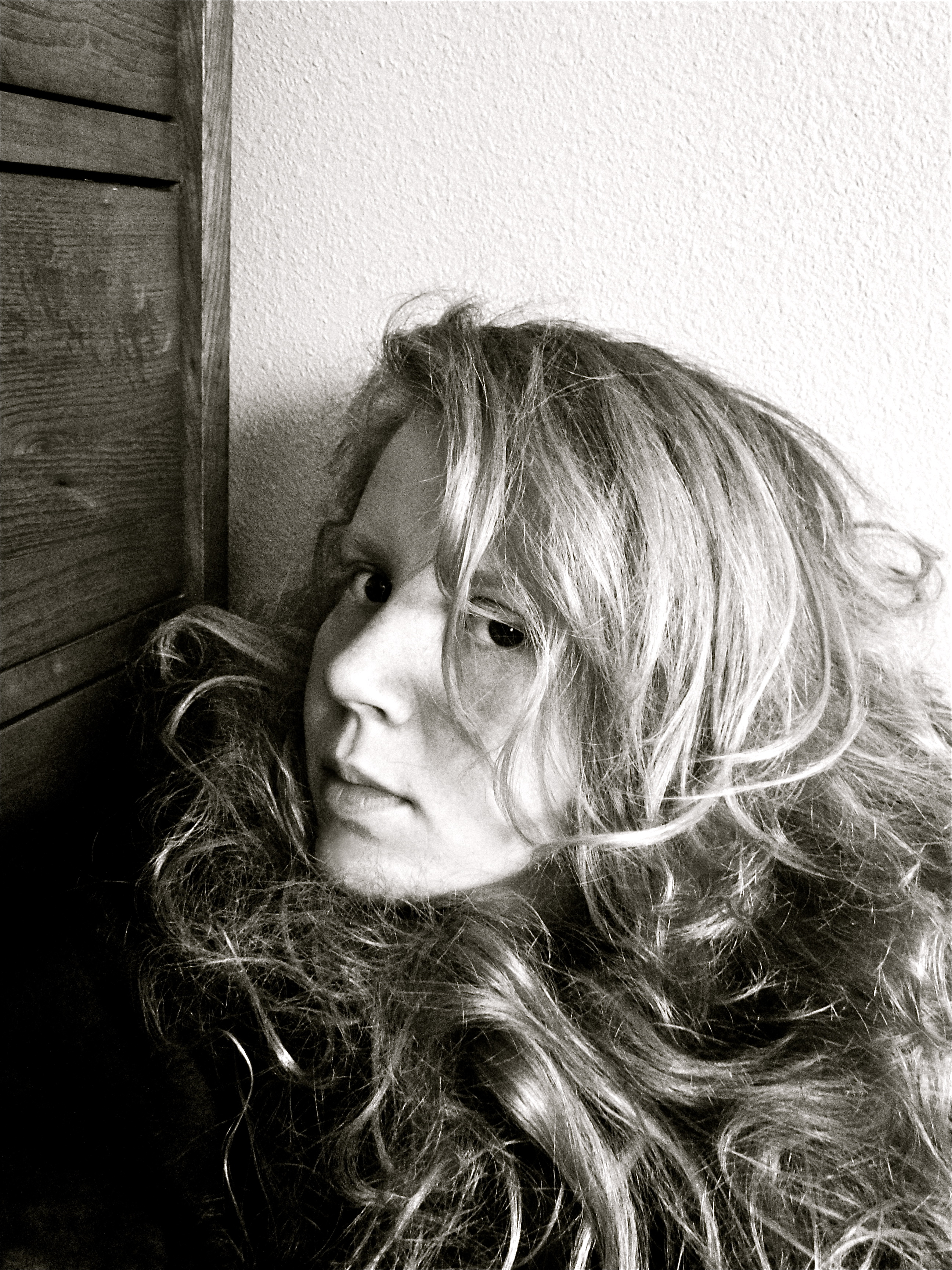42.1 Feature: An Interview with Kat Finch

Kat Finch is a poet from the Pacific Northwest currently living in Ann Arbor where she studies at The University of Michigan Helen Zell Writers’ Program. Her work has appeared or is forthcoming in The Sonora Review, Sugar House Review, Birdfeast, Sixth Finch, Whiskey Island, and others. alice blue press recently published her first chapbook, Birds with Teeth (2014).
Interview by RYAN BOLLENBACH
Listen to Kat Finch read “A Mountain Beastiary” from 42.1.
Black Warrior Review: One thing that impressed me about “A Mountain Bestiary” is how personal all of the mythological references feel in the poem. They do a lot of work to shape the tone of the poem and the speaker’s relationship to the “you”. How did those mythological references come into the poem? Is this poem part of a larger body of work that is interested in mythology?
Kat Finch: It’s embarrassingly simple, really. My friends and I would go hiking, and when we’d get to a lookout, the top, a place high up, we’d shout Odin at the top of our lungs and listen for the echo. From there I researched into Norse mythology and viking cultures. It seemed to marry well, and I loved the sound of Odin repeating itself, the wolves that brought destruction, and the idea of what Valhalla could represent to the dying. I’m definitely writing a series concerning the you (the other poem is in Sixth Finch) but the mythos will appear as it fits in with the yous. I’ve come to think of relationships, friendships specifically, as a form of myth making, our actions in their retellings and the way they bond people to one another is a myth. Exaggeration, hurt, betrayal, love, and loss, are all shared, and yet experiences are so singular, and carry different emotional truths. That’s what this mythology did for this poem to me. The violence of Ragnarok, really spoke to a hurt emotional truth, this unbinding of selves that happens in the poem.
BWR: I was interested in many of the earthy images in this poem (blood in dirt, or licorice root, for example). Your use of natural imagery in the poem makes it feel like the speaker and the “you” are as much bonded to the earth itself as they are bonded to each other. I’m interested in how you went about finding your imagistic palette for this poem?
KF: I suppose we’re all connected to our homeland in some way, whether that is cityscape or seascape. I grew up in Washington state, and it is mostly lush green forests all year round. I would go hiking and exploring, so I always felt pretty connected to that, just as my friends were — connections making connections in a way. I also love how evocative the images can be on a sensual level: touch, smell, sound, taste — so much more than just seeing. Part of who we are is where we come from, and that idea comes across in myth. The wolves that chase the sun and moon, the trickster Loki. They are all a creation of place. It’s sort of this harmony of creating one another, being a part of something inescapable, and yet destruction is inevitable. Odin was existing in myth, but the story had already concluded, the end of the world, his death.
BWR: Another point of interest in the poems is its use of slashes. What was your intention in breaking up the lines (some of which are short already) with slashes? Because so much of this poem seems to be about unification, I’m curious if you see them as a unifying or interrupting mechanism in the poem?
KF: I think of them as a poetic stutter, a mechanism of sound made visible on the page. Have you ever been so upset, sobbing, that you almost choke on your intake of breath? That’s what the slashes are. It interrupts lines that could sound pretty and whole, unnecessarily breaking the unity the poem is so striving to hold onto, a unity the poem cannot have. I want the reader to stumble, and maybe to my/the poem’s detriment to struggle with short lines and phrases that sometimes have a dual meaning broken, and sometimes are broken where you would never naturally pause. I’ve always thought of line breaks as a very soft pause, and in my mind, to visually make that pause even lighter I added white space to the beginning of every other line. The slashes aren’t where a line would break, it’s where the speaker is breaking. A lot of people hate the slashes, and some like them. The hardest part for me is figuring out whether they’re working concordantly with the content —
BWR: We always want to spread the word about new writers, so are there any books that you’d like to recommend to our readers?
KF: Right now I’m reading: some planet, by John Mortara; Why We Live in the Dark Ages, by Megan Levad; and In Anima: Urgency by Amber Nelson. There’s a lot of great work coming out of online lit journals right now, so I’m always rifling through those too.
BWR: What new can we expect from you in the future?
KF: I’m working on publishing a chapbook through Wolverine Press, Everything Here is Noise & I, by Jenny Boychuk and Portia Elan. It’s a letterpress studio, and everything is handset, letter by letter, and space by space.
As for me, aside from the usual random poems, I’m working on a series of prose poems entitled: The City of Subdued Excitement dot dot dot. Sort of about my hometown, things that have happened there, and what not. There’s a freedom to prose poems that relieves me of worrying about lineation. It’s a nice balance to go back and forth between the two.